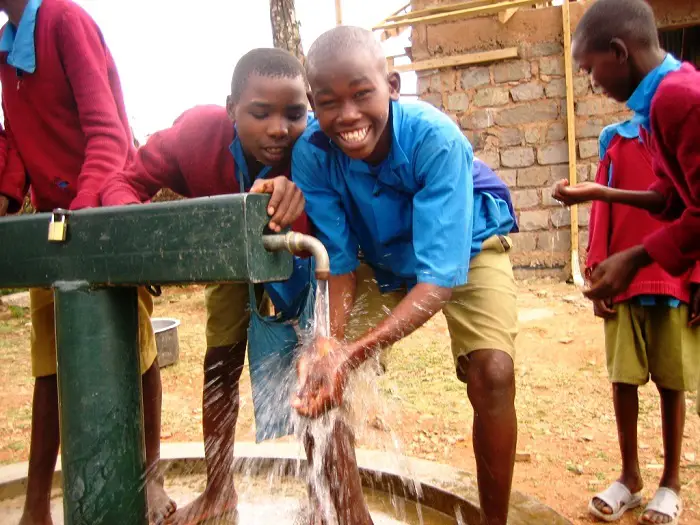European Union has released US $23.6m to the Niger Delta region. The funds will serve the purpose of promoting socio-economic activities in Niger Delta and also to promote peace through increased access to safe and sustainable water supply.
This was announced recently in Uyo, the Akwa-Ibom State capital during a media dialogue on UNICEF‘s Water, Sanitation and Hygiene (WASH). WASH specialist, Eng. Moustapha Niang spoke about the initiative.
He said the Niger Delta Support Project (NDSP) is a five-year project. It will serve the purpose of moderating the conflict in the Niger-delta region through addressing causes of non-availability of potable water and bring lasting solutions.
Eng. Niang made an observation that only 57.48 percent of the total Nigerian population have access to improved water supply. Furthermore, the Niger-delta region make up only 16.57 % (32 million) of this percentage with access to improved water supply.
According to the Engineer, the project is a first of its kind to address the challenges in the region. The objective is to mitigate the conflict in the region by addressing the main causes and bringing lasting solutions.
Also read: Nigeria partners with EU on portable water, hygiene
Water contamination
Others include increasing access to safe and sustainable water supply services in rural communities and the self-selected Local Government Areas. They are also looking to improve sanitation and proper hygiene practice in rural communities and schools. He said of all the Niger-delta states, Bayelsa is worst hit with serious issue of ground water contamination with some parts having problems of iron.
Eng. Niang also mentioned cases of fecal contamination that come up some months after boreholes are in use. Additionally, there are also cases of nitrate contamination due to seepage from nearby latrines and use of fertilizers and pesticides for agricultural purposes.

Leave a Reply